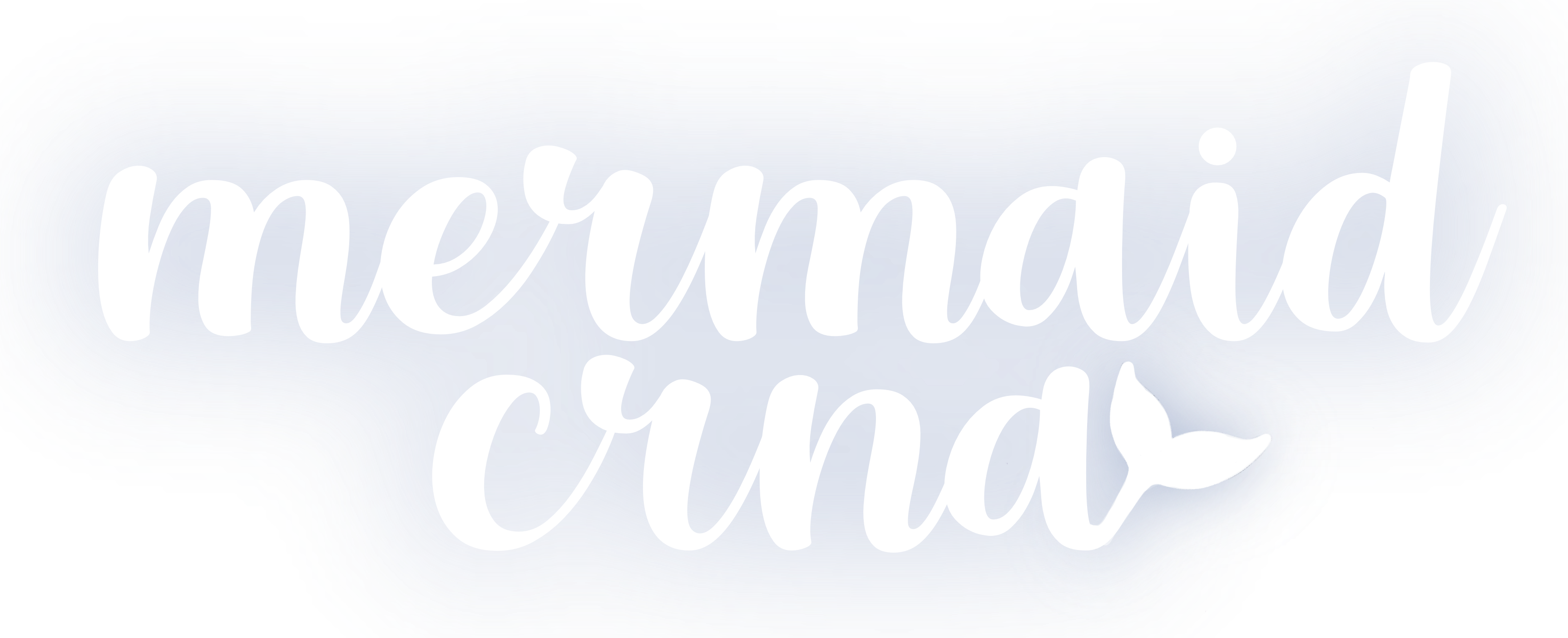How did you study for the CCRN?
I used the Barron’s CCRN study book (link- https://amzn.to/46xrenQ) and the Laura Gasparis CCRN tutoring videos.
What is your nursing experience?
I worked for 2 years in a Level I trauma ER and 3 years in a Neuro ICU.
What school do you go to?
I do not share this information publicly. I remain anonymous in order to share an authentic behind-the-scenes look at what it is like for CRNA students during clinical and didactic coursework. I do this so that I may share the positive experiences along with the negative ones without fearing repercussions from my school or my various clinical sites.
How many CRNA schools did you apply to?
I applied to 3 programs over 2 years for a total of 5 applications. My first application year, I applied to 2 programs. I interviewed at one of them and did not get in. My second year applying, I applied to the same two programs again plus one additional program. I interviewed for a second time at the same program as before and also to the new additional program. I received acceptance from the third program.
What’s the difference between a front-loaded and an integrated CRNA program?
A front-loaded program will complete a majority of your didactic coursework in the first half of your program. That means you will ONLY go to school during this time. You may still have a few classes once you enter clinical, but it will not be a full load.
An integrated program completes didactic courses AND clinical at the same time. That means you will have classes on certain days during the week and you will maybe have 1-2 clinical days per week as well. Every program is different in this aspect.
I personally am in a front-loaded program and I would not change a thing. I felt pretty well prepared when I entered clinical because I had learned all the baseline anesthesia content by that point and could then apply it. I cannot speak to an integrated program personally, but I hear this can be difficult because you are in clinical without any of the baseline knowledge at first. Once the program progresses and you have learned the content, it gets easier, but at first, it is a world you do not fully understand. In my opinion, I could not learn this way and I believe a front-loaded program sets you up better for success. Additionally, CRNA preceptors have told me it is harder to train integrated students, because they don’t have time to teach you everything you haven’t learned yet in school.
Do you get time off during CRNA school?
My school is set up as a front-loaded program. Didactic first, then clinical.
During didactic, we had weekends off, but most weekends were spent studying. We could also miss class equivalent to the number of days a class met per week- so a Mon/Weds/Fri class could be missed 3 times during the semester, a Tues/Thurs class could be missed 2 times during the semester, etc. We had the typical school holidays off- spring break, 4 weeks for Christmas, Memorial Day, etc.
During clinical, we had 18 vacation/sick days to be used in our 20 months of clinical. We did clinical 4 days per week (M-F) and one day during the week was designated as a “class day” for our online coursework. Our class day was at random, but sometimes it would fall on a Monday or Friday and give you a three-day weekend. We had weekends off unless it was our weekend to work, which came around about every 8-10 weeks. We were required to work one holiday per year, chosen for us at random.
What do you use to look up your cases for clinical?
I look up all my cases in the Jaffe Anesthesiologist’s Manual of Surgical Procedures! I also use the Vargo Anesthesia apps, especially for pediatrics. I look up my regional anesthesia blocks via the Block Buddy app or the Regional Anesthesia Reference app.
What were your must-haves for CRNA school?
Everyone is different but I am a digital girlie.
For my fellow techie 👩💻 people:
- iPad (mine- iPad Pro 12.9 inch: https://amzn.to/46KJr0K)
- Stylus (mine- Apple Pencil 2nd gen: https://amzn.to/46NzHTB)
- Notes app (I used Notability, but I hear Good Notes is good as well)
- Working/reliable laptop (mine- Macbook Pro 16 inch: https://amzn.to/3Fg4c8S)
- Dedicated study area (desk/table/library, whatever gets you through)
- Headphones (probably noise canceling, depending where you study. mine- Beats Pro: https://amzn.to/3Fgffio)
- +/- whiteboard for tactile/visual learners. (Whatever size you want)
- +/- printer (it’s always been easier to have my own than to use the school or hospital printers)
I did get the newest iPad and Apple Pencil before I started school and do not regret it! Digital notes are in!
I used the same laptop I had (a Dell), which did die on me- so I bought a new Mac about a year in. Mac or Windows- whatever you’re more comfortable with! I was a Dell girl my whole life, and then switched to Mac and had to learn how to use it while in school which I don’t recommend lol.
Everyone says you need a desk etc etc, but I just use my kitchen table and spread out!
I did buy a large 6×4 ft whiteboard. But you really don’t need that large. A smaller one works fine for a lot of people. And if you’re not a visual or tactile learner, and you can just listen to lectures, then I would just skip that all together!
Pretty much my iPad is the sole thing I use to study nowadays. That being said, I do have classmates that like paper notes, and they do not have iPads. That works for them, so it’s all up to you!
